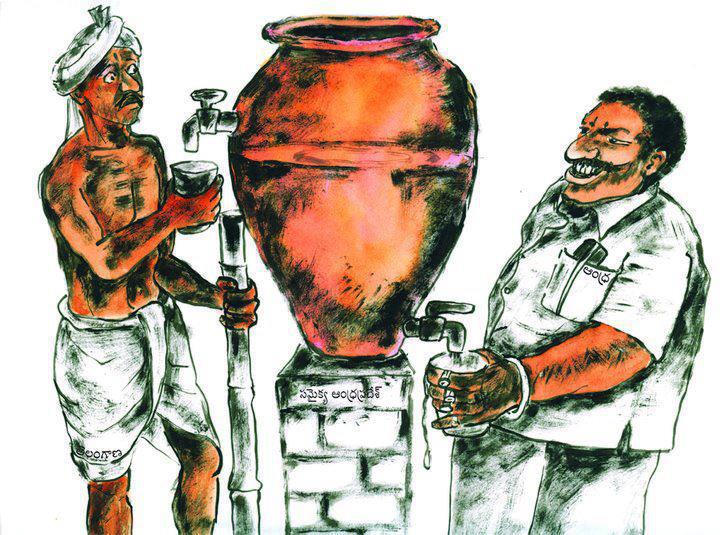At the close of a high-level UN policy forum in Bangkok, political leaders and senior government officials recommitted themselves to tackling rising inequality across Asia and the Pacific region.
Over 540 delegates from 44 Member States and Associate Members attended the 74th UN Economic and Social Commission for Asia and the Pacific (ESCAP) session held from 11 to 16 May, the focus of which was the potential impact of deepening inequality on the region’s efforts to push ahead with the implementation of 2030 Agenda for Sustainable Development.
Speaking at the closing, Dr. Shamshad Akhtar, UN Under-Secretary-General and Executive Secretary of ESCAP said, “We cannot allow inequalities to continue widening, as they have done since 2000. The economic and social costs are too high.”
The Executive Secretary further emphasized the potentially profound impact of frontier technologies on sustainable development, as well as the importance of multilateralism in strengthening global governance and promoting global and financial stability. However, she cautioned that the speed at which these new innovations are unfolding also held the risk of widening inequality.
Among the resolutions passed, strengthening regional cooperation and integration was identified by countries as key to ensuring shared prosperity across the region. With a combined GDP of US$27.25 trillion that is growing rapidly, Asia-Pacific is well on its way to becoming the largest market in the world, opening possibilities for further expansion of trade and investment within the region. This could help boost economic growth, create jobs and reduce poverty.
With 10 of the 12 poorer nations in the region expected to transition out of the list of least developed countries, delegates noted that it was vital that these countries are eased into a sustainable graduation and development path without any disruption to their development plans, programs and projects.
Member States also agreed that there was an urgent need to improve data collection in order to present a complete picture of the region’s development and resolved to scale-up collective efforts towards achieving universal civil registration and vital statistics, and improving disaster related statistics in the region. The regional framework for the planning, design, development and operations of dry ports was also underlined as a priority, as was improving road safety in Asia-Pacific for sustainable transport systems.
The Commission committed to step up regional action to accelerate the transition to sustainable energy and work towards a pollution-free, resource efficient region, in line with the Ministerial Declaration adopted at the Second Asian and Pacific Energy Forum held in Bangkok in April this year.
“ESCAP stands ready to provide technical assistance and capacity building on policies and programs upon the request of our member States, to support regional cooperation on policy coordination to reduce extreme poverty and tackle inequality,” said Dr. Akhtar.
Thank you for reading the story until the very end. We appreciate the time you have given us. In addition, your thoughts and inputs will genuinely make a difference to us. Please do drop in a line and help us do better.
Regards,
The CSR Journal Team


